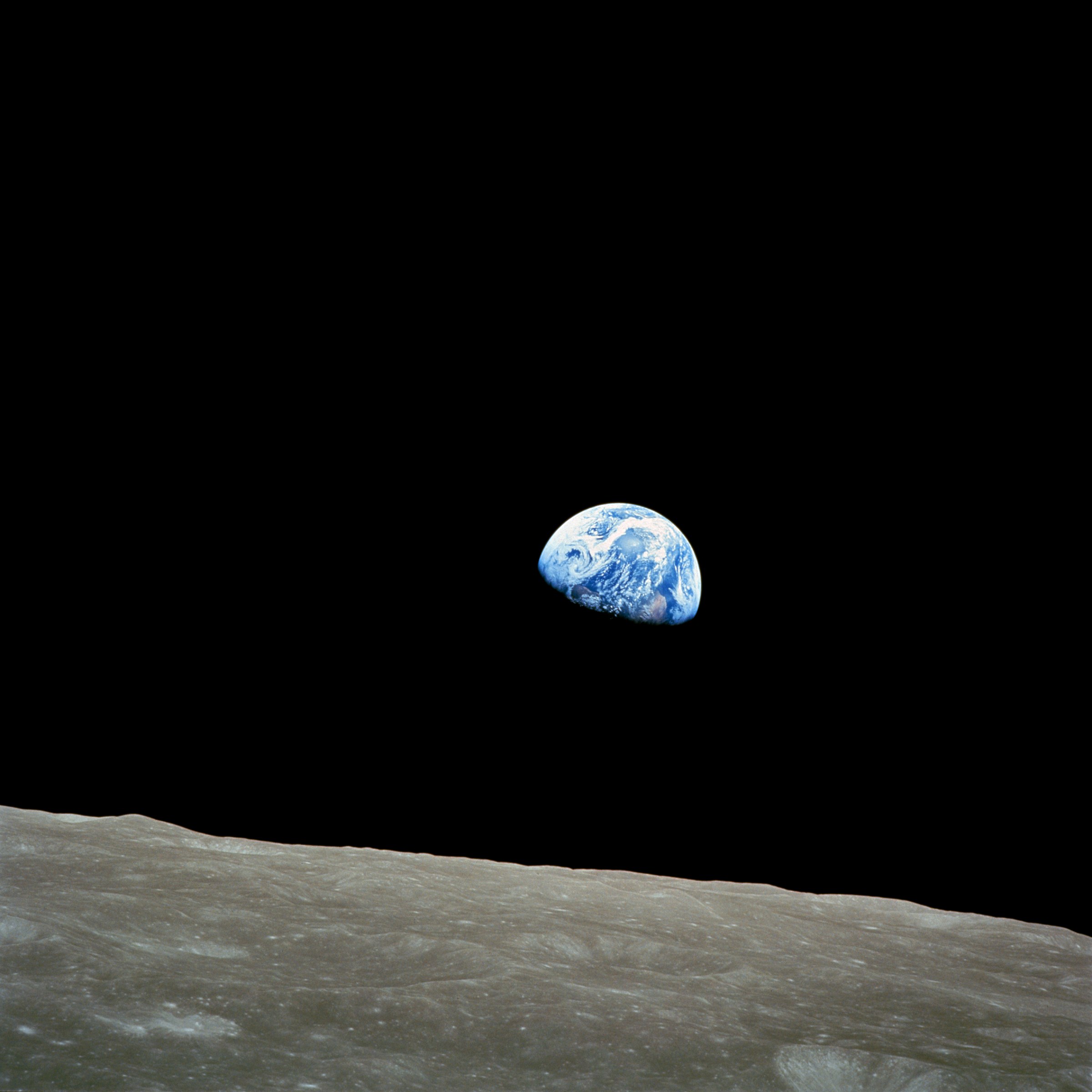 Stewart Brand, a founding member of the environmental movement, has a new book: Whole Earth Discipline: an ecopragmatist manifesto
Stewart Brand, a founding member of the environmental movement, has a new book: Whole Earth Discipline: an ecopragmatist manifestoIt's a pretty provocative book. Brand seizes Green sacred cows and re-imagines our relationship with the Earth as active gardeners, not trespassing invaders. It's a welcome, positive change of perspective, heavily footnoted.* Here are some of his assertions:
Global warming is a bigger paradigm-shifting catastrophe than you realize. It will change everything.
Humans have been engineering the climate on a large scale for 10,000 years - early agriculture and fuel burning may have averted an ice age.
Rural life shouldn't be worshiped by Greens - dense cities are much more efficient, and therefore less damaging to the environment.
Slums in the developing world are vibrant communities that provide families with an invaluable stepping stone from hopeless rural poverty to economic self-sustenance. Slums shouldn't be bulldozed and replaced with subsidized housing - they should be encouraged to develop naturally and integrated into the legitimate political and economic networks of their adjoining cities.
Massive movement of peasants to urban areas has improved their lives, improved the lives of the few who remain to work the fields and now the rainforests are growing back faster than they are being cut down.
Our current population crisis is that the birth rate is TOO LOW
Most of the developing world has a rapidly aging population which will soon have too few productive workers to support it. The U.S. is an exception due to immigration, but this will end as immigration slows due to plummeting birth rates in developing countries like China and India. By 2050 Mexico will be grayer than the U.S.
Increasing urbanization of the U.S. is emptying out huge regions of the continent - the Great Plains from Montana to Texas may soon form the Buffalo Commons once envisioned.
Nuclear power is our ONLY hope for Green energy (and isn't as scary as people think).
Very few people were harmed in the Chernobyl meltdown and the contaminated land has now become an involuntary natural park full of (healthy) rare and endangered animals.
Stress from fear of nuclear contamination has literally harmed people more than actual radiation has - even (or especially) in the Chernobyl region.
Nuclear waste storage is not nearly as difficult as you think it is - if you used nuclear electricity for 80 years, your personal share of waste would be a ceramic-like solid the size of a soda can.
He also references an AWESOME video of Sandia National Lab engineers demonstrating the integrity of their nuclear waste containers by (failing) to smash them with crashing 18 wheelers and trains. Oh, and they propel these vehicles into each other with rockets (minute 4)...
My brother pointed out that the plentiful mustaches and Members Only jackets suggest that these containers are probably even stronger today.
North America was not "wild" when Columbus showed up - it was heavily managed by the American Indians - and we shouldn't hesitate to garden the planet.
40% of Eastern forest trees when Columbus arrived were chestnut - but these trees only occupied 7% before the American Indians' influence. Passenger pigeons only produced giant flocks due to this type of management.
Golden California hillsides are made up of invasive annual grasses - and were originally covered by perennial species. Oats, introduced by Spanish colonists in the south of the state had migrated north and were being eaten by the local Indians before the colonists got there.
Ecological communities aren't sacred assemblages - they're made up of organisms that are slowly migrating past each other as the climate constantly changes.
Planting pest-free plants in our gardens lowers insect populations and therefore removes food sources for birds. Predator-free deer herds destroy the understory, and therefore habitat and food for birds and small mammals. The presence of coyotes limits small animal kills of domesticated cats. The reintroduction of wolves to Yellowstone stopped elk from consuming all the seedlings, which allowed beavers to dam rivers and create wetlands. Harsh herbicides are sometimes the only way to deal with invasive plants. Zebra mussels reversed eutrophication of the Great Lakes and provided a strong base for a renewed food web that supports rare fish and wetlands. We should farm the oceans instead of hunting them...
Nature is a complicated thing. We should objectively and pragmatically pursue whatever methods generate and preserve biodiversity and charismatic organisms and ecosystems.
*I didn't bother to look up any of his sources but I'd be interested to hear if you do.
**Much of this is available as TED talks.

Great summary!
ReplyDeleteThanks for doing it.
--Stewart Brand